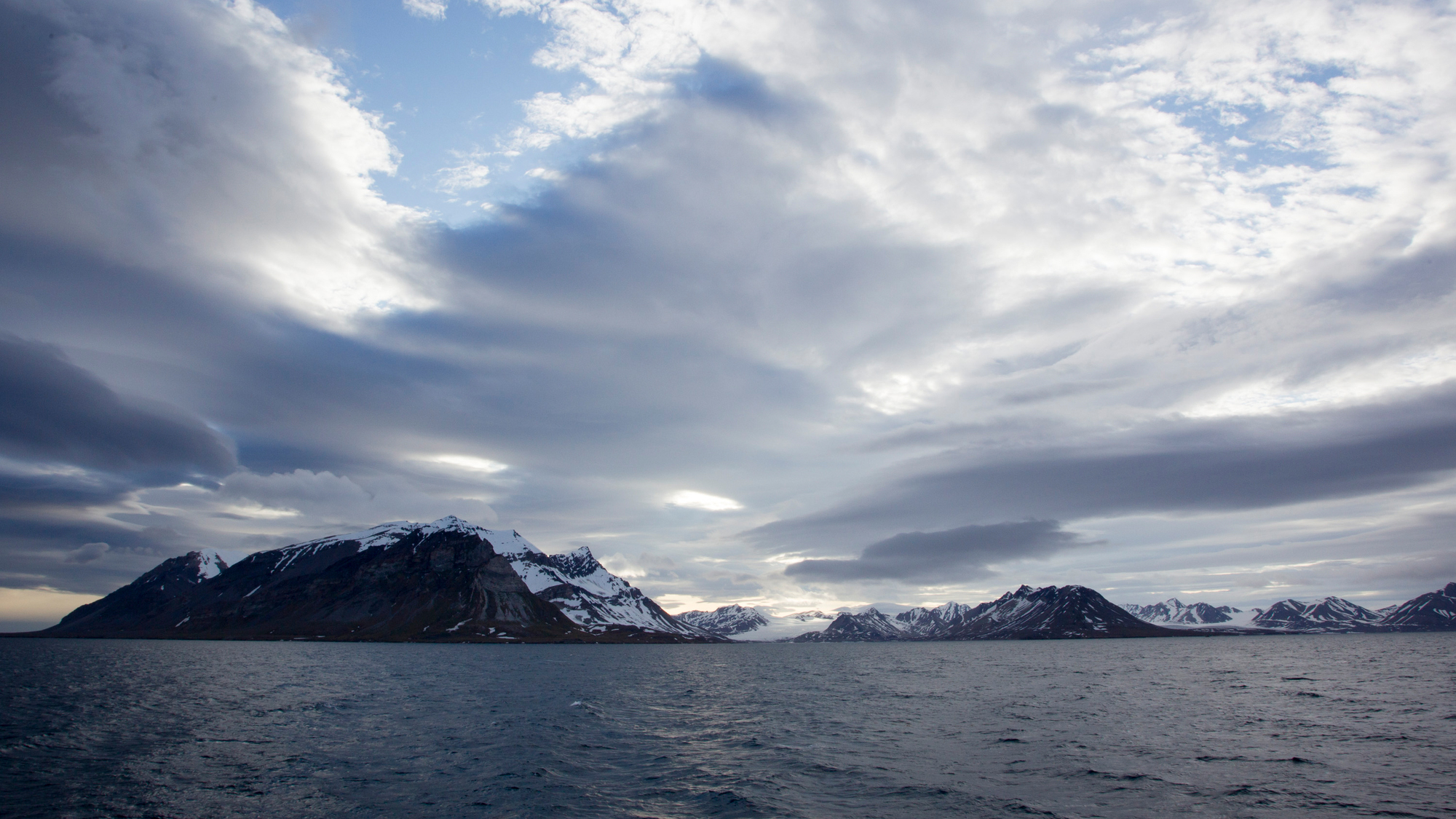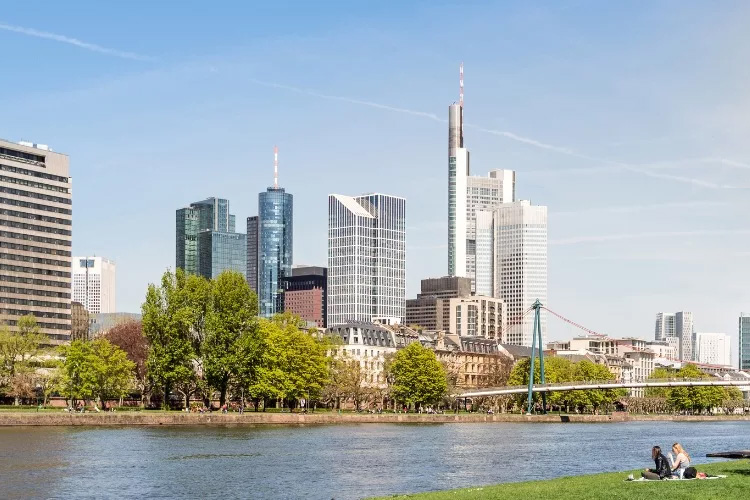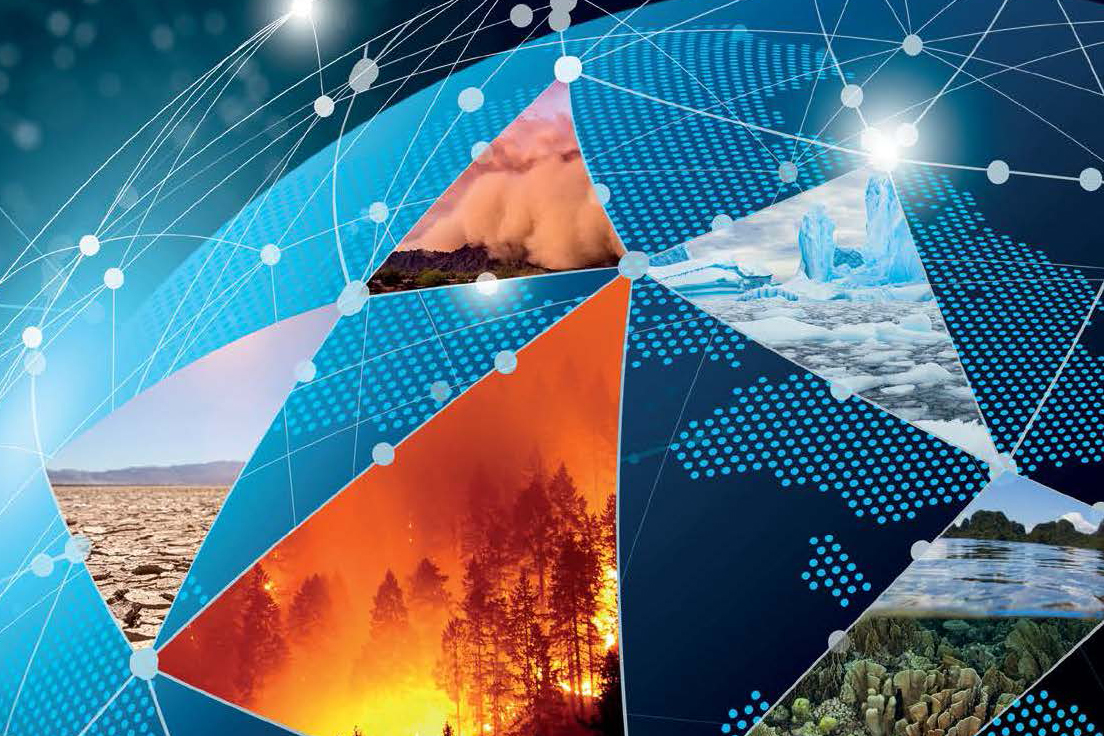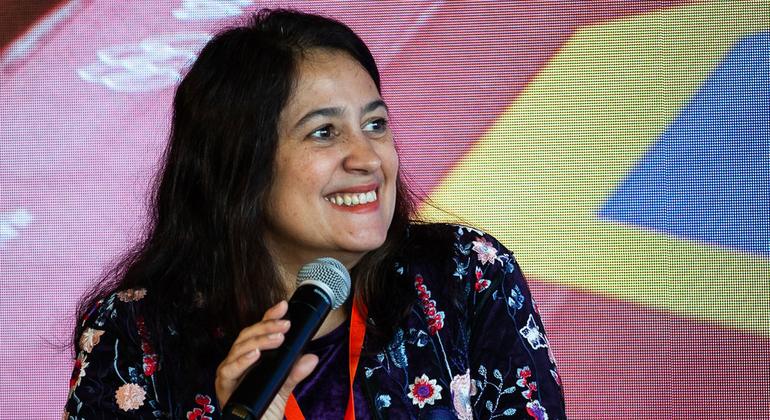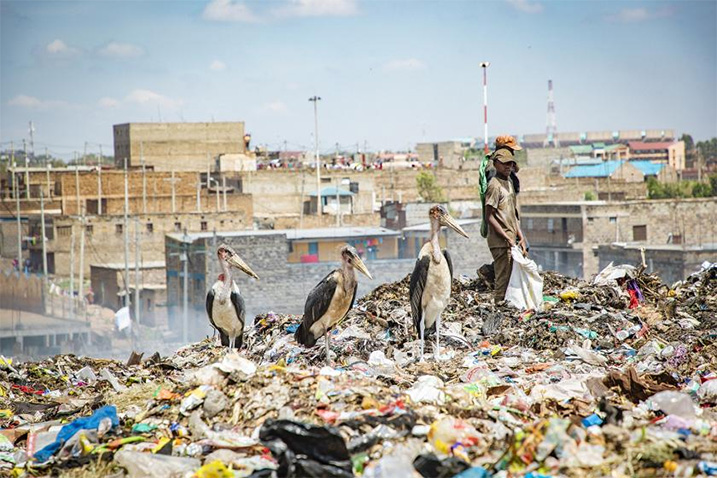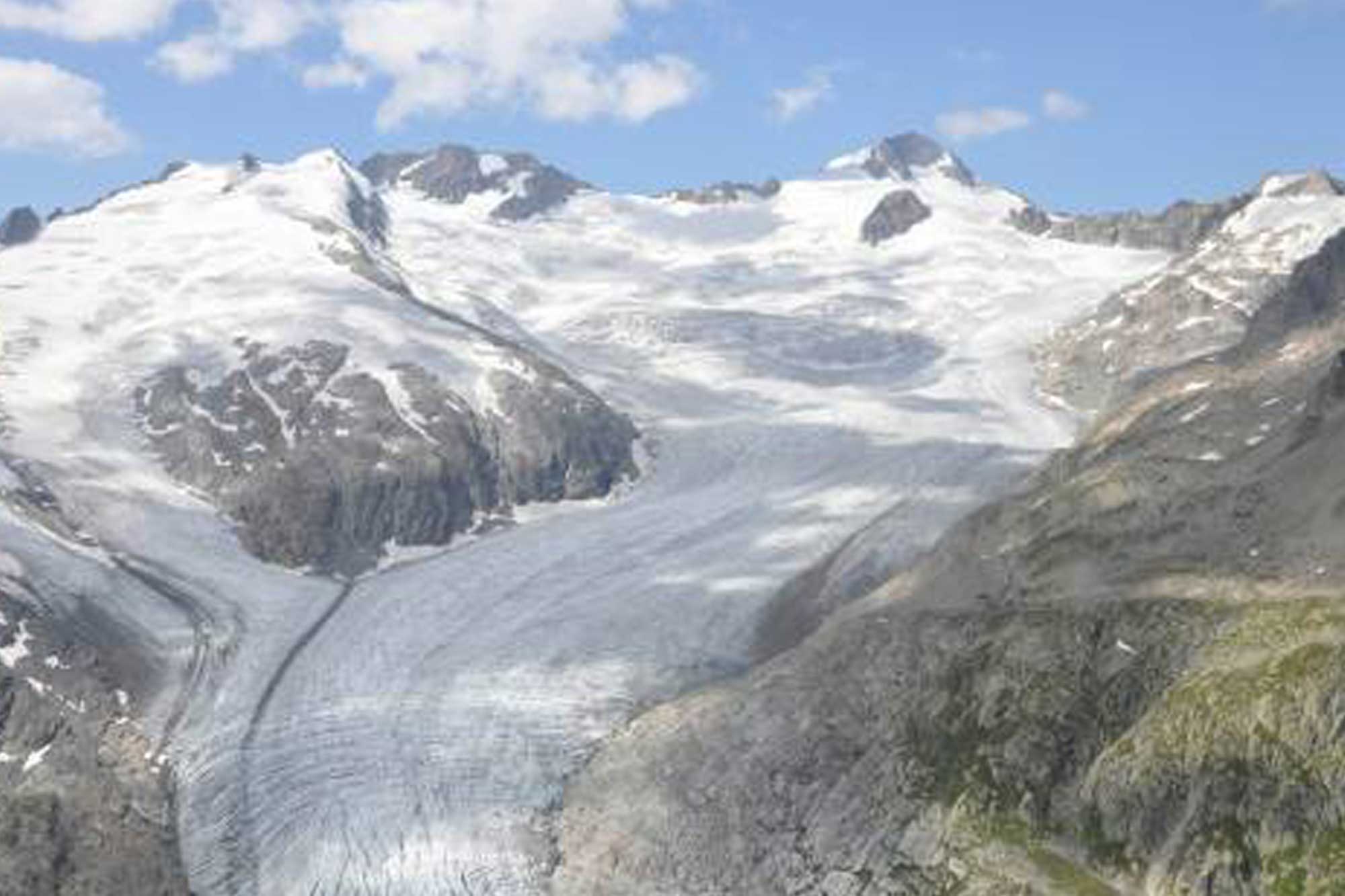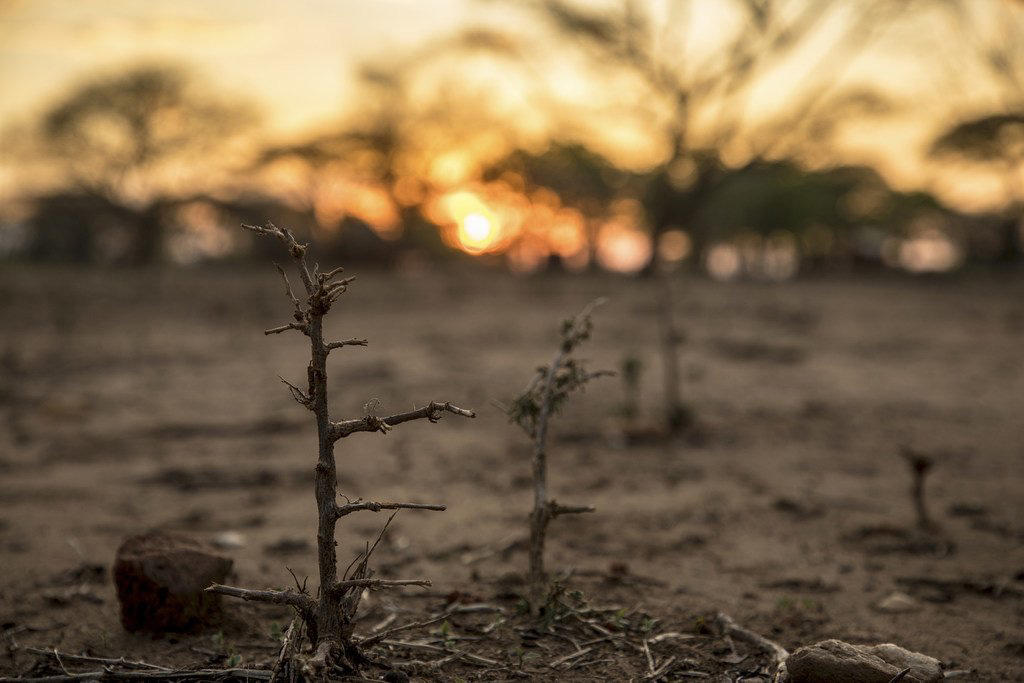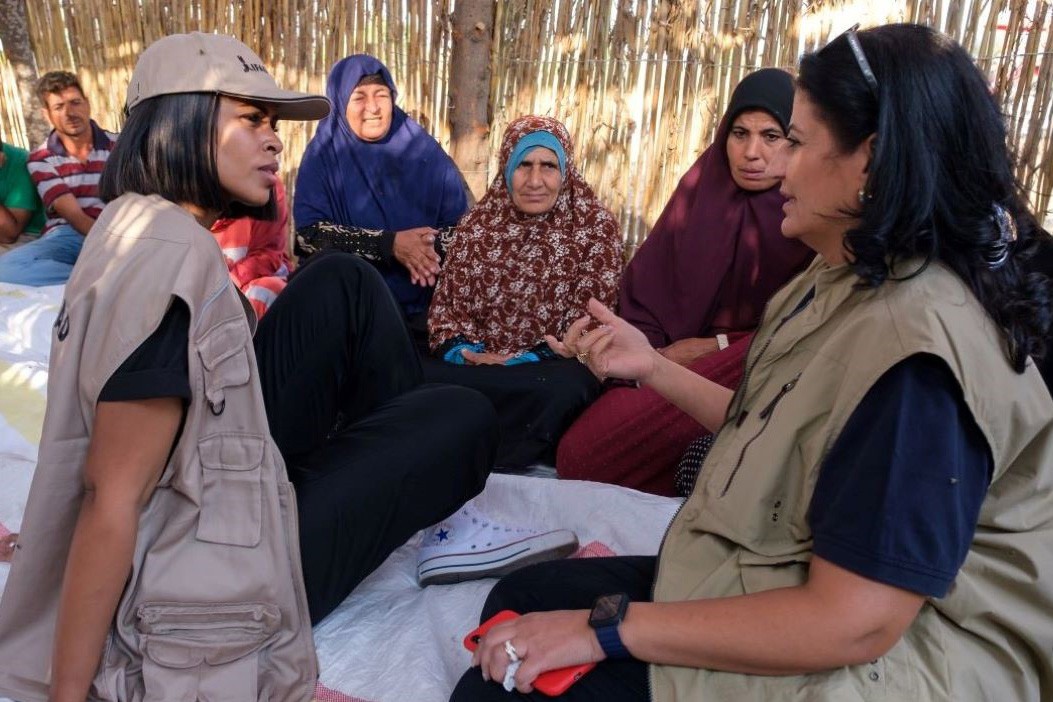Find out more in
Climate Change
Global Issues:
Cities, as engines of prosperity, have been major contributors to climate change. A new report by the World Bank suggests that cities also hold one of the keys to solving the climate crisis. By 2050, nearly 70% of the world’s population will call cities their home. The report examines over 10,000 cities to determine how green, how resilient, and how inclusive they are while examining the two-way relationship between cities and climate change. The report offers guidance to policymakers on how to help their cities become greener, more resilient, and more inclusive.
The likelihood of El Niño developing this year is increasing, according to WMO - creating opposite impacts on weather and climate patterns to La Niña that would fuel higher global temperatures.
Climate change continued its advance in 2022, according to the annual report from the WMO. Droughts, floods and heatwaves affected communities on every continent and cost billions of dollars. Antarctic sea ice fell to its lowest extent on record and the melting of some European glaciers was great. The State of the Global Climate 2022 shows the planetary scale changes on land, in the ocean and in the atmosphere caused by record levels of heat-trapping greenhouse gases. The years 2015-2022 were the eight warmest on record despite the cooling impact of a La Niña event for the past three years.
Shifting to a low-carbon economy can unlock new jobs and opportunities but it must be done in a way that is fair and possible for everyone, according to a new report from UN Climate Change.
In a new advocacy brief, UNFPA explores how climate change disproportionately harms women of African descent and other members of marginalized communities.
Future Olympic events are poised to drive sustainability in sport and fight climate change, led by a set of game-changing measures adopted by the International Olympic Committee (IOC) and supported by the UN. Speaking to UN News ahead of the International Day of Sport for Development and Peace, observed on 6 April, IOC’s Legacy Director, Tania Braga, explains how the 2024 Paris Games will be the first time that new sustainability guidelines will be fully implemented, aligning sport with development and climate action. Eileen Travers asked Ms. Braga how compatible the Olympics are with sustainable development.
Plastic is predominantly produced from oil and gas, both of which are fossil fuels. The more plastic we make, the more fossil fuel is required, the more we intensify the climate crisis. Also, plastic products create greenhouse gas emissions across their whole lifecycle. If no action is taken, greenhouse gas emissions caused by plastic could account for 19% of the Paris Agreement's total allowable emissions in 2040 to limit warming to 1.5 degrees Celsius. Read more about climate change.
People are at the heart of all emissions reduction programs. The World Bank focuses on social inclusion at every stage of result-based climate finance programming — from up-front engagement and investment in communities to enable their participation in emissions reduction activities, to the design and implementation of benefit sharing plans that guide the distribution of results-based payments.

Why insects are the next global superfood
As climate change affects the distribution and availability of food, edible insects are a potential growth area, particularly as consumer demand rises. Insects are an essential food source for at least 2 billion people and given the low input costs and space required, even the poorest people in developing countries can collect, rear, process, sell, and eat insects. IFAD and the United States have partnered to help small-scale farmers in developing countries further reduce emissions while adapting to climate change.
A new nuclear application to predict the future of glaciers offers a more precise method that can help glaciologists more accurately model glaciers’ behaviour and predict their future.
Climate change refers to long-term shifts in temperatures and weather patterns. Since the 1800s, human activities have been the main driver of climate change, primarily due to burning fossil fuels like coal, oil and gas. We are at a defining moment for climate change. From threated food production, to rising sea levels that increase the risk of catastrophic flooding, the impacts of climate change are global in scope and unprecedented in scale. Without drastic action today, adapting to these impacts in the future will be more difficult and costly.
The land alongside the Nile has always been fertile, but sea levels rise as the earth’s temperatures rise, making this low-lying area one of the world’s three most vulnerable spots to climate change. It’s not just local people who are suffering the consequences. The Nile Delta is the breadbasket of Egypt, accounting for almost two thirds of the country's agricultural land and contributing to a fifth of the national GDP. Thanks to IFAD’s SAIL project, infrastructure, training and services are combined to not only protect the land, but also to improve the quality of previously infertile land.
Carbon footprint - measure your impact
From driving a car to disposing of waste, many of our daily activities cause greenhouse gas emissions. In living a more sustainable lifestyle and tackling the climate crisis, knowing how our behaviors and actions impact the environment is a crucial first step. Act Now! Download the mobile app and measure your carbon footprint!
Watching your home or your favorite football field wash out to sea is the reality facing the residents of Monkey River, Belize. Coastal erosion is caused by the rising sea levels and is quickly destroying the homes and wildlife of this village. If no action is taken soon this village could be wiped off the map. Watch the video to find out how UNDP is empowering Monkey River residents to take action to stop this from happening.

